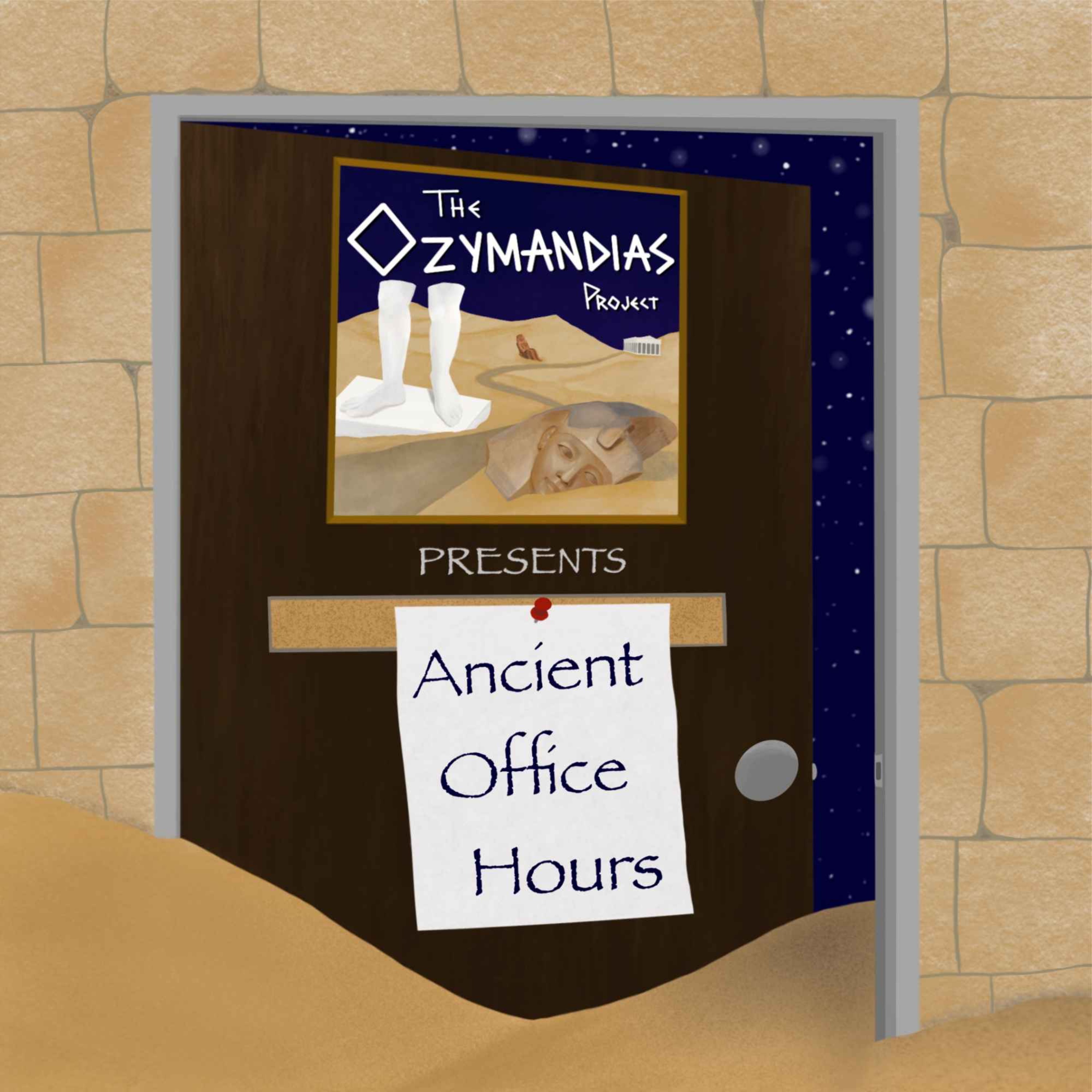Episode 19 - Betty Robertson
061: Ptolemaic Egypt - Greeks in an Egyptian Land
The Bronze-Age Steppe and the Emergence of the Indo-Iranians
53. What can we know about the life of the Prophet Muhammad?, with Sean Anthony
Ancient DNA, Indo-Europeans, and the Steppe: Interview with Professor David Anthony
6. Third Sacred War
Alexander the Great
• 




